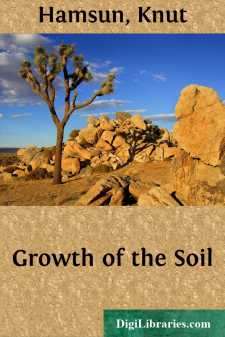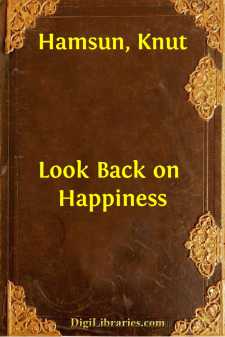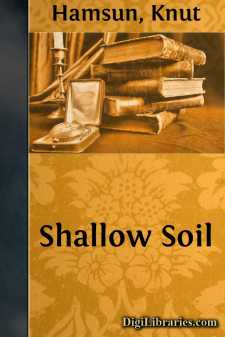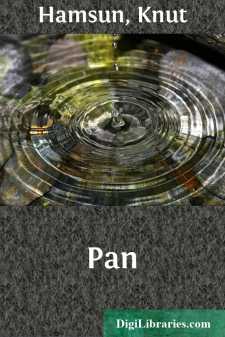Categories
- Antiques & Collectibles 13
- Architecture 36
- Art 48
- Bibles 22
- Biography & Autobiography 815
- Body, Mind & Spirit 144
- Business & Economics 28
- Children's Books 18
- Children's Fiction 14
- Computers 4
- Cooking 94
- Crafts & Hobbies 4
- Drama 346
- Education 58
- Family & Relationships 59
- Fiction 11834
- Games 19
- Gardening 17
- Health & Fitness 34
- History 1378
- House & Home 1
- Humor 147
- Juvenile Fiction 1873
- Juvenile Nonfiction 202
- Language Arts & Disciplines 89
- Law 16
- Literary Collections 686
- Literary Criticism 179
- Mathematics 13
- Medical 41
- Music 40
- Nature 179
- Non-Classifiable 1768
- Performing Arts 7
- Periodicals 1453
- Philosophy 65
- Photography 2
- Poetry 896
- Political Science 203
- Psychology 44
- Reference 154
- Religion 515
- Science 126
- Self-Help 85
- Social Science 83
- Sports & Recreation 34
- Study Aids 3
- Technology & Engineering 59
- Transportation 23
- Travel 463
- True Crime 29
Our website is made possible by displaying online advertisements to our visitors.
Please consider supporting us by disabling your ad blocker.
Growth of the Soil
by: Knut Hamsun
Description:
Excerpt
Chapter I
The long, long road over the moors and up into the forest—who trod it into being first of all? Man, a human being, the first that came here. There was no path before he came. Afterward, some beast or other, following the faint tracks over marsh and moorland, wearing them deeper; after these again some Lapp gained scent of the path, and took that way from field to field, looking to his reindeer. Thus was made the road through the great Almenning—the common tracts without an owner; no-man's-land.
The man comes, walking toward the north. He bears a sack, the first sack, carrying food and some few implements. A strong, coarse fellow, with a red iron beard, and little scars on face and hands; sites of old wounds—were they gained in toil or fight? Maybe the man has been in prison, and is looking for a place to hide; or a philosopher, maybe, in search of peace. This or that, he comes; the figure of a man in this great solitude. He trudges on; bird and beast are silent all about him; now and again he utters a word or two; speaking to himself. "Eyah—well, well…."—so he speaks to himself. Here and there, where the moors give place to a kindlier spot, an open space in the midst of the forest, he lays down the sack and goes exploring; after a while he returns, heaves the sack to his shoulder again, and trudges on. So through the day, noting time by the sun; night falls, and he throws himself down on the heather, resting on one arm.
A few hours' rest, and he is on the move again: "Eyah, well…."—moving northward again, noting time by the sun; a meal of barley cakes and goats' milk cheese, a drink of water from the stream, and on again. This day too he journeys, for there are many kindly spots in the woods to be explored. What is he seeking? A place, a patch of ground? An emigrant, maybe, from the homestead tracts; he keeps his eyes alert, looking out; now and again he climbs to the top of a hill, looking out. The sun goes down once more.
He moves along the western side of a valley; wooded ground, with leafy trees among the spruce and pine, and grass beneath. Hours of this, and twilight is falling, but his ear catches the faint purl of running water, and it heartens him like the voice of a living thing. He climbs the slope, and sees the valley half in darkness below; beyond, the sky to the south. He lies down to rest.
The morning shows him a range of pasture and woodland. He moves down, and there is a green hillside; far below, a glimpse of the stream, and a hare bounding across. The man nods his head, as it were approvingly—the stream is not so broad but that a hare may cross it at a bound. A white grouse sitting close upon its nest starts up at his feet with an angry hiss, and he nods again: feathered game and fur—a good spot this. Heather, bilberry, and cloudberry cover the ground; there are tiny ferns, and the seven-pointed star flowers of the winter-green. Here and there he stops to dig with an iron tool, and finds good mould, or peaty soil, manured with the rotted wood and fallen leaves of a thousand years....





